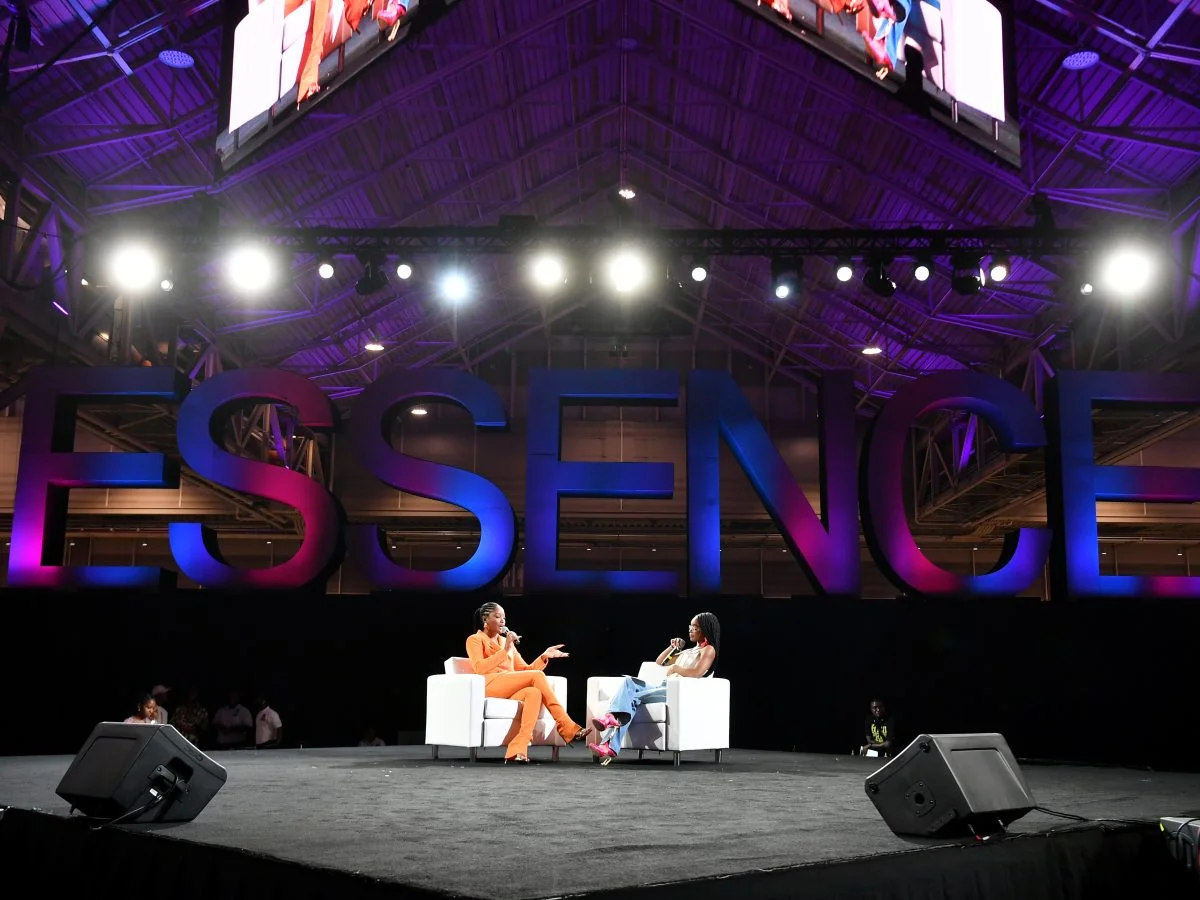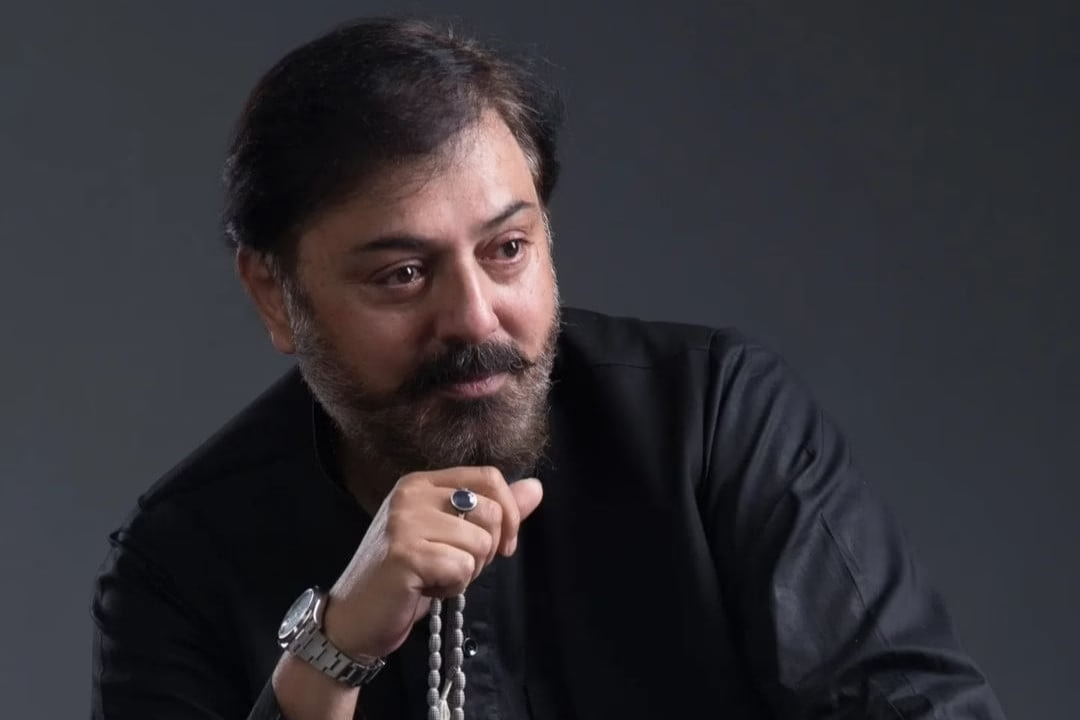For three decades, the Essence Festival of Culture has united people from diverse backgrounds to celebrate Black culture through conversations, shared experiences, and music. This year’s festival concluded on Sunday with performances by Janet Jackson and a tribute to Frankie Beverly & Maze, the soul band that headlined the event’s first 15 years. Beverly, now 77, is retiring from live performances, and the group is on a farewell tour.
Other artists performing included Victoria Monét, Teedra Moses, Tank and the Bangas, Dawn Richard, SWV, Jagged Edge, Bilal, and Anthony Hamilton.
Barkue Tubman-Zawolo, Chief of Staff for Talent and Diasporic Engagement at Essence Ventures, emphasized the festival’s role in connecting the global Black community. “Historically, as Black people, sometimes we’re not sure where our heritage comes from,” Tubman-Zawolo said. “America is just one place. But within America, there’s a melting pot of different Black cultures: Africa, Latin, Europe, the Caribbean.”
These connections were evident throughout the festival, particularly at the Film Festival, where attendees heard from storytellers from Nigeria, Ghana, and the Caribbean. The Food and Wine stage featured discussions on Caribbean and African cuisine, while the Soko Market Place showcased crafts from global vendors. The Caesars Superdome stage highlighted Caribbean and African artists, including Machel Montano of Trinidad.
“All of that occurred over four days,” Tubman-Zawolo said. “But the beauty of it is, it doesn’t stay here. (Fans) take it with them.”
New Orleans Mayor Latoya Cantrell praised the festival’s “We Love Us” theme for fostering community building. “This whole ‘We Love Us’ theme brought us together to build communities,” she said.
Since its inception in 1994, the festival has contributed over $300 million to the local economy, with more than 500,000 attendees. Originally created to celebrate the 25th anniversary of Essence magazine, the festival has evolved to include local participation in a tangible way.
Essence Ventures CEO Caroline Wanga has declared New Orleans the festival’s “forever home,” a sentiment echoed by Mayor Cantrell. “We have a foundation that’s been laid over 30 years. The city is always ready and prepared to host this event and more. I think staying in New Orleans is the best fit and best marriage, the best partnership.”
The current contract for the event ends in 2026, but its impact and importance to both the city and the Black community suggest it will continue to thrive in New Orleans for years to come.



